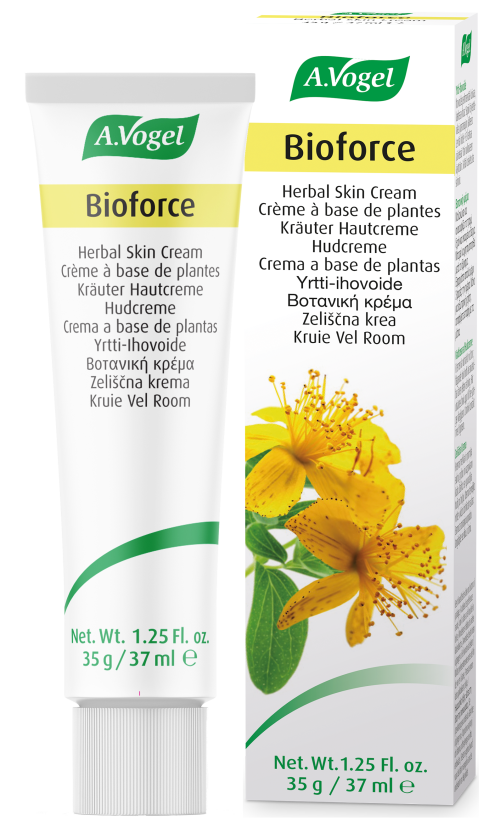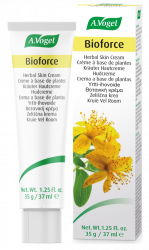An introduction to dry skin
It’s a common misconception that dry skin must be linked to an underlying skin condition such as eczema. Although dry skin is a frequent symptom, in reality, it can be linked to a number of causes and sometimes treating it can be as simple as changing your moisturiser or drinking more fluids.
In the medical world, dry skin is sometimes known as xerosis, a fancy term derived from the Greek word ‘xero’ meaning dry. Normally it occurs when an internal or external factor starts to strip away the layer of lipids that keep your skin hydrated and soft.
These lipids, or fatty substances, play a key role in your skin’s barrier function, helping to keep out nasty germs and impurities. When these lipids are stripped away, your skin is often more vulnerable to pathogens, which can sometimes result in further irritation or even infection!
The symptoms of dry skin
Dry skin can be accompanied by a number of unfortunate symptoms that may range in severity from patient to patient.
Some sufferers may only exhibit a few mild symptoms that clear up easily whereas others may be in quite a bit of discomfort and notice that their symptoms are more prolonged.
- Redness
- Irritation
- Flaky, cracked skin
- Patches of roughness
- Fine lines
The causes of dry skin
There are a number of factors that can influence how vulnerable you are to dry skin. Often, instead of being linked to one direct cause, your dry skin might be a culmination of several different triggers.
This can sometimes make dry skin tricky to treat but in most cases, identifying the causes can go a long way towards constructing a treatment.
• Dehydration: This is an obvious one but you’d be surprised how often it gets overlooked. Not drinking enough fluids doesn’t just affect your kidney function and digestive system; it can also upset your skin. A study conducted in 2007 discovered that those of us who don’t drink enough water may be stressing our skin, with many participants noticing an improvement in their skin health after drinking more water!1
• Dry air: If you’ve ever noticed that your skin seems more prone to dryness in winter, then it’s likely that dry air may be the culprit. Repeated exposure to air conditioning, central heating and cold, dry air can strip moisture from your skin resulting in patches of dryness
• Your beauty products: Many of you wouldn’t consider going out in public without make-up but unfortunately conventional beauty products are often loaded with harsh chemicals and toxins, which can take its toll on your skin
• Itchy clothing: In the middle of winter, a warm woolly jumper can seem like an attractive option, however it is possible that some materials and fabrics may simply not agree with your skin and may cause some irritation and dryness
• Harsh detergents/soaps: It’s important to choose carefully when considering your detergent or soap as both can have repercussions for your skin. Some washing detergents and body washes are loaded with harsh, artificial chemicals and perfumes which can take its toll on your skin
• Hot water: Taking too many hot baths or showers can dehydrate your skin, as can swimming in chlorinated pool or washing your hands too frequently
• Sun exposure: UV radiation can dry out your skin and damage healthy skin burns, sometimes even placing you at risk of melanoma or skin cancer!
1https://dripdrop.com/blogs/news/fact-or-fiction-not-drinking-enough-water-causes-dry-skin
Dry skin treatments
There are a number of home and herbal remedies you can consider for dry skin, but sometimes it can come down to making a few simple lifestyle changes, such as switching your detergent or changing to an organic moisturiser.
In terms of home remedies, you could try whipping up a coconut oil face mask or drinking more fluids. When it comes to herbal remedies though, we would always recommend our soothing Bioforce Cream which is specifically formulated for dry skin and contains extracts of sunflower, calendula and witch hazel!
What else should you be aware of?
Although most cases of dry skin are influenced by environmental factors, it’s important to be aware that in some cases, you dry skin may be linked to a larger condition such as eczema. If you are in doubt or are suffering from a particularly severe episode, it may be worth speaking to your doctor for further advice.









